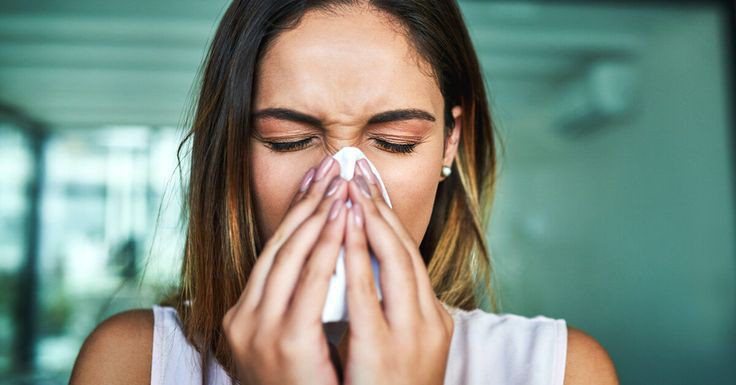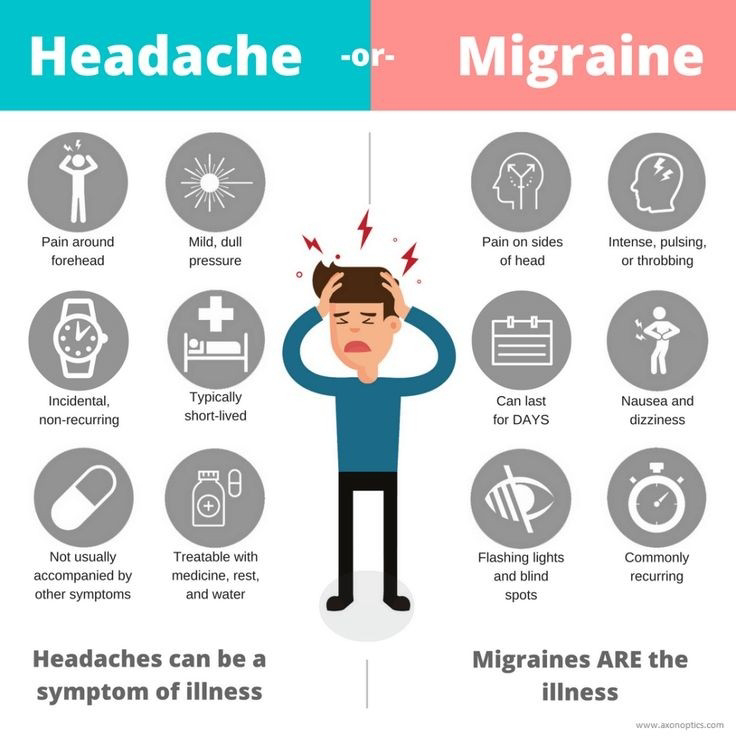COMMON COLD
The common cold is a viral infection of your upper respiratory tract — your nose and throat. A common cold is usually harmless, although it may not feel that way at the time. If it's not a runny nose, sore throat and cough, it's the watery eyes, sneezing and congestion — or maybe all of the above. In fact, because any one of more than 100 viruses can cause a common cold, signs and symptoms tend to vary greatly.
Preschool children are at greatest risk of frequent colds, but even healthy adults can expect to have a few colds each year.
Most people recover from a common cold in about a week or two. If symptoms don't improve, see your doctor.
Symptoms :
Symptoms of a common cold usually appear about one to three days after exposure to a cold-causing virus. Signs and symptoms of a common cold may include:
-Runny or stuffy noseI
-Itchy or sore throat
-Cough
-Congestion
-Slight body aches or a mild headache
-Sneezing
-Watery eyes
-Low-grade fever
-Mild fatigue
The discharge from your nose may become thicker and yellow or green in color as a common cold runs its course. What makes a cold different from other viral infections is that you generally won't have a high fever. You're also unlikely to experience significant fatigue from a common cold.
Causes :
Although more than 100 viruses can cause a common cold, the rhinovirus is the most common culprit, and it's highly contagious.
A cold virus enters your body through your mouth, eyes or nose. The virus can spread through droplets in the air when someone who is sick coughs, sneezes or talks. But it also spreads by hand-to-hand contact with someone who has a cold or by sharing contaminated objects, such as utensils, towels, toys or telephones. If you touch your eyes, nose or mouth after such contact or exposure, you're likely to catch a cold.
Risk factors :
Cold viruses are almost always present in the environment. But the following factors can increase your chances of getting a cold:
Age. Infants and preschool children are especially susceptible to common colds because they haven't yet developed resistance to most of the viruses that cause them. But an immature immune system isn't the only thing that makes kids vulnerable. They also tend to spend lots of time with other children and frequently aren't careful about washing their hands and covering their mouths and noses when they cough and sneeze. Colds in newborns can be problematic if they interfere with nursing or breathing through the nose.
Immunity. As you age, you develop immunity to many of the viruses that cause common colds. You'll have colds less frequently than you did as a child. However, you can still come down with a cold when you are exposed to cold viruses or have a weakened immune system. All of these factors increase your risk of a cold.
Time of year. Both children and adults are more susceptible to colds in fall and winter. That's because children are in school and most people spend a lot of time indoors. In warmer climates where cold weather doesn't keep people inside, colds are more frequent in the rainy season.
Complications :
Acute ear infection (otitis media). Ear infection occurs when bacteria or viruses infiltrate the space behind the eardrum. It's a frequent complication of common colds in children. Typical signs and symptoms include earaches and, in some cases, a green or yellow discharge from the nose or the return of a fever following a common cold. Children who are too young to verbalize their distress may simply cry or sleep restlessly. Ear pulling is not a reliable sign.
Wheezing. A cold can trigger wheezing in children with asthma.
Sinusitis. In adults or children, a common cold that doesn't resolve may lead to sinusitis — inflammation and infection of the sinuses.
Other secondary infections. These include strep throat (streptococcal pharyngitis), pneumonia, and croup or bronchiolitis in children. These infections need to be treated by a doctor.
Treatments and drugs :
There's no cure for the common cold. Antibiotics are of no use against cold viruses. Over-the-counter (OTC) cold preparations won't cure a common cold or make it go away any sooner, and most have side effects. Here's a look at the pros and cons of some common cold remedies.
Pain relievers. For fever, sore throat and headache, many people turn to acetaminophen (Tylenol, others) or other mild pain relievers. Keep in mind that acetaminophen can cause liver damage, especially if taken frequently or in larger than recommended doses. Don't give acetaminophen to children under 3 months of age, and be especially careful when giving acetaminophen to older babies and children because the dosing guidelines can be confusing. For instance, the infant-drop formulation is much more concentrated than the syrup commonly used in older children. Use caution when giving aspirin to children or teenagers. Though aspirin is approved for use in children older than age 2, children and teenagers recovering from chickenpox or flu-like symptoms should never take aspirin. This is because aspirin has been linked to Reye's syndrome, a rare but potentially life-threatening condition, in such children.
Decongestant nasal sprays. Adults shouldn't use decongestant drops or sprays for more than a few days because prolonged use can cause chronic rebound inflammation of mucous membranes. And children shouldn't use decongestant drops or sprays at all. There's little evidence that they work in young children, and they may cause side effects.
Cough syrups. The Food and Drug Administration (FDA) and the American Academy of Pediatrics strongly recommend against giving OTC cough and cold medicines to children younger than age 2. Over-the-counter cough and cold medicines don't effectively treat the underlying cause of a child's cold, and won't cure a child's cold or make it go away any sooner. These medications also have potential side effects, including rapid heart rate and convulsions.
Homoeopathic treatment:
Homeopathy can help with symptoms of a common cold quickly and effectively so you can get back to feeling well again; not worry about lingering ..
Best natural homeopathic remedies for colds are Aconite, Arsenic, Gelsemium, Belladonna, Nux Vomica, Sambuccus, Ammonium Carb, and Bryonia .
For Online consultation:





Comments
Post a Comment
If any doubts. Please let me know.